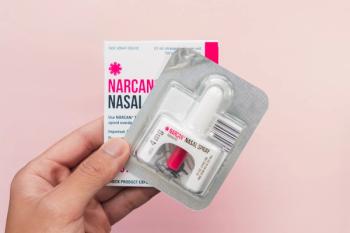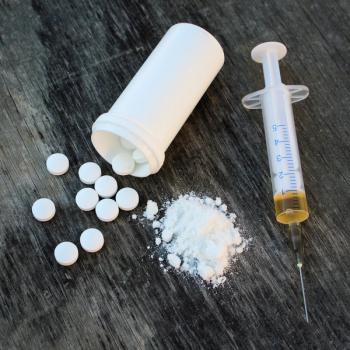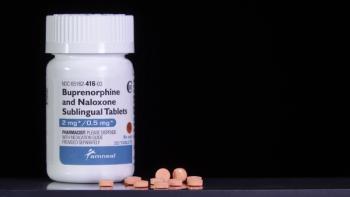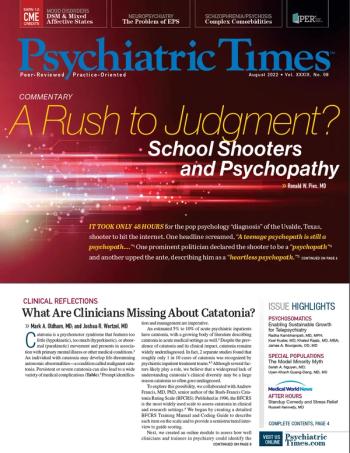
Smoking and drinking (caffeine): Researchers analyzed caffeine intake and levels in smokers with schizophrenia and bipolar disorder.

Smoking and drinking (caffeine): Researchers analyzed caffeine intake and levels in smokers with schizophrenia and bipolar disorder.

Revisiting the CME articles featured in Psychiatric Times in 2022.

While there are no FDA-approved medications available for CUD, some studies show potential off-label utility in mitigating withdrawal and maintaining abstinence. Learn more in this CME article.

From new legislation that would expand the US approach to mental health to drug abuse trends and treatment approaches for 2023, here are highlights from the week in Psychiatric Times.

What are the most pertinent drug trends to be aware of in 2023?


"We must put mental health on par with physical health and make it a basic human right, an indicator of overall health, and an industry standard.”

We may be one step closer to nonprescription naloxone.

How can PMHNP consults with law enforcement reduce involuntary transfers and other unwanted outcomes?


Comorbid SUD and ADHD is associated with more severe illness. What do we understand about these comorbid conditions and what do we still need to learn?

Fentanyl is now available in ways it was not before, which may lead to fatal outcomes.

Opioid use, addiction, and overdose in youth continue to increase. What can be done?

A review of the Joint US-Canada Report on Substance Use and Harm.

The NCCHC and 166 national organizations recently signed a letter to Senate leadership advocating for increased access to buprenorphine.


As Suicide Prevention Month continues, we take a look at the mental health of a group constantly caring for others: first responders.

Contingency management is an effective behavior change technique commonly used to treat substance use disorders.

A new study finds mood shifts and alcohol-related cues affect men and women differently in terms of alcohol cravings.

A psychiatrist reflects on how we can educate patients about avoiding alcohol misuse without getting caught up in polemics on politics.

Suicide Prevention Week is September 4-10. Are you ready?

New data shows a decrease in life expectancy in the United States. Here’s why.

The experts weighed in on a wide variety of psychiatric issues for the August 2022 issue of Psychiatric Times.

“Doctors are great at hiding their addictions, especially from themselves... However, there are signs that something is wrong—be it addiction, depression, psychosis, or some other problem.”

Opioid use disorder—how can we battle the epidemic of overdoses?